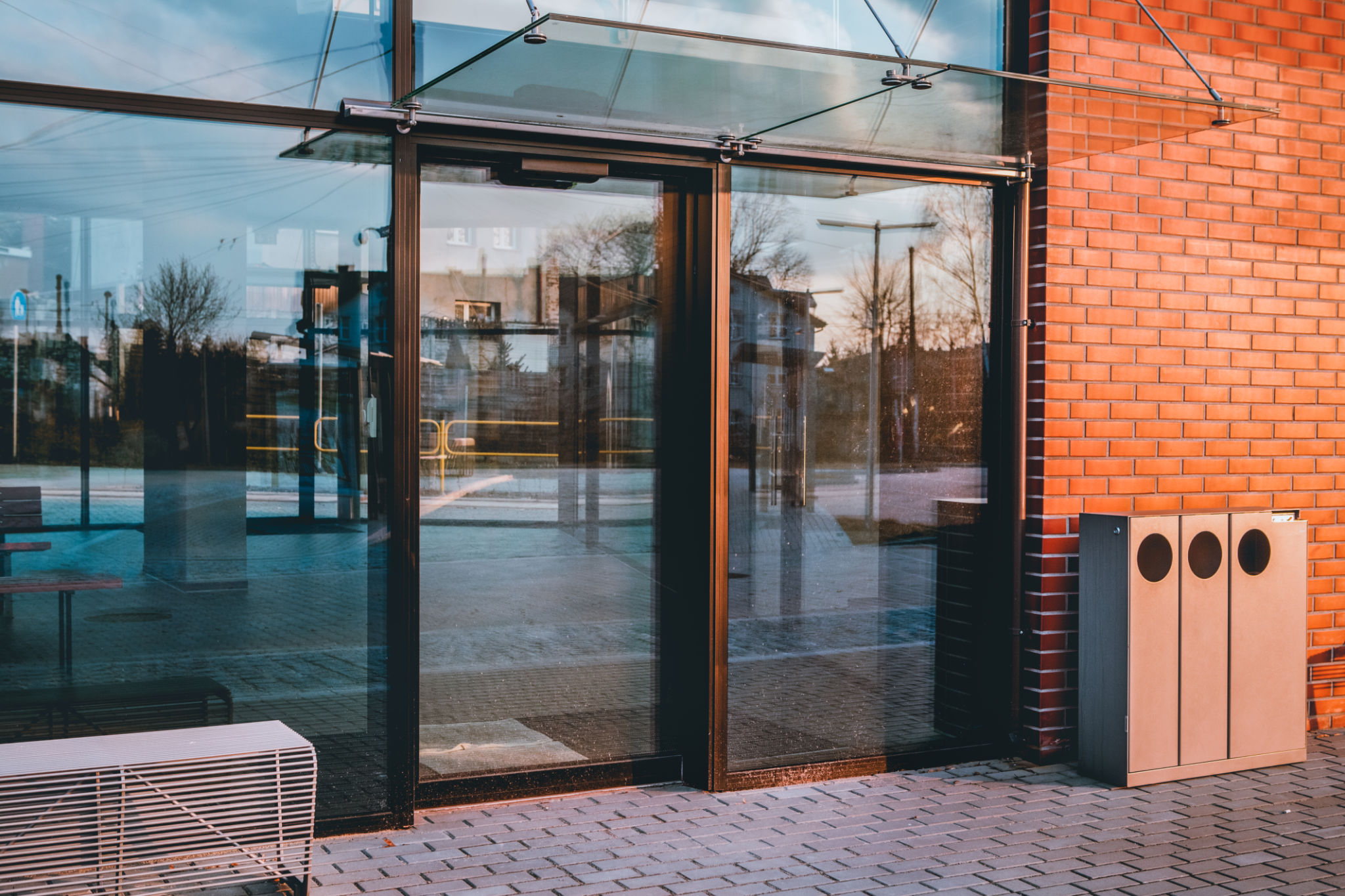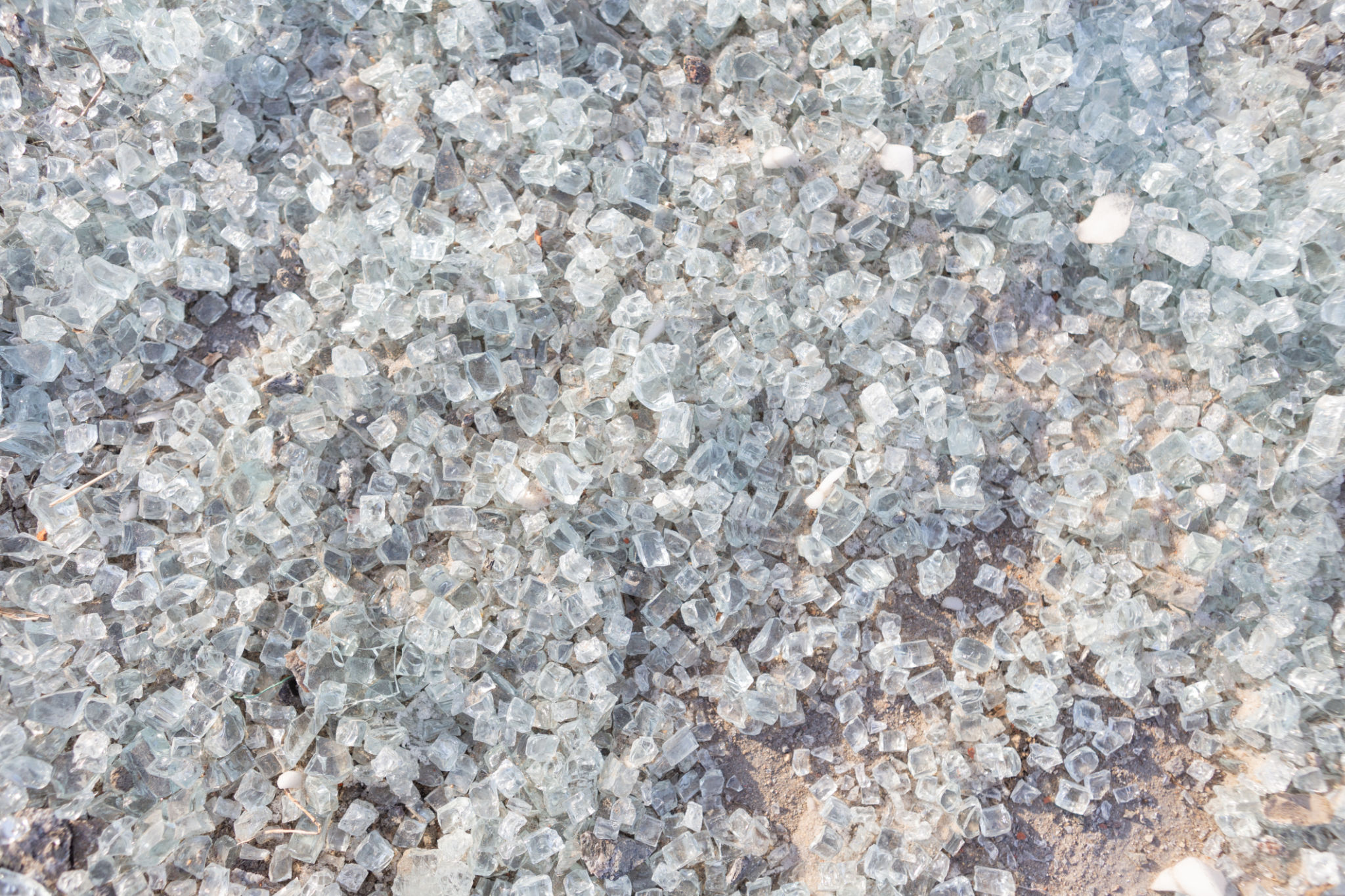Comparing Glass Types for Storefronts: Which is Right for Your Building?
JD
Understanding the Importance of Storefront Glass
Your storefront is often the first impression customers have of your business. Choosing the right type of glass can significantly impact both aesthetics and functionality. Whether you're looking to upgrade your current storefront or designing a new one, understanding the different types of glass available can help you make an informed decision.
Storefront glass not only influences the visual appeal of your building but also affects energy efficiency, security, and maintenance requirements. Let's delve into the various options to determine which is best suited for your needs.

Tempered Glass: Durability and Safety
Tempered glass is a popular choice for storefronts due to its strength and safety features. It is created by heating regular glass to high temperatures and then rapidly cooling it. This process makes it up to five times stronger than standard glass.
One of the key benefits of tempered glass is its safety aspect. In the event of breakage, it shatters into small, blunt pieces rather than sharp shards, reducing the risk of injury. This makes it an excellent choice for high-traffic areas.
Laminated Glass: Enhanced Security
Laminated glass consists of two or more layers of glass bonded together with an interlayer, usually made of polyvinyl butyral (PVB). This composition not only enhances its strength but also provides superior security against break-ins and vandalism.
If security is a top priority for your storefront, laminated glass is an ideal option. Even if the glass is shattered, the interlayer holds the pieces together, preventing easy access. Additionally, laminated glass offers better sound insulation and UV protection compared to other types.

Insulated Glass Units (IGUs): Energy Efficiency
For businesses focused on energy efficiency, Insulated Glass Units (IGUs) are an excellent choice. IGUs consist of two or more panes of glass separated by a spacer and sealed around the edges to create an insulating air space. This design helps reduce heat transfer, keeping your building cooler in summer and warmer in winter.
By reducing reliance on heating and cooling systems, IGUs can help lower energy costs over time. They also provide sound insulation benefits, making them ideal for businesses located in noisy environments.
- Energy Efficiency: Reduces heating and cooling costs.
- Sound Insulation: Minimizes external noise.
- Comfort: Enhances indoor climate control.
Decorative Glass: Aesthetic Appeal
If your primary goal is to make a striking visual statement, decorative glass options offer a range of styles and designs to suit your brand's image. From frosted and etched patterns to tinted or colored glass, there are numerous ways to add personality and flair to your storefront.

Decorative glass not only enhances the aesthetic appeal but can also provide privacy without sacrificing natural light. Consider incorporating decorative elements in combination with other glass types for a balanced approach that meets both design and functional needs.
Making the Right Choice for Your Business
Ultimately, the choice of glass for your storefront should align with your business priorities, whether it's security, energy efficiency, aesthetics, or a combination of these factors. Assess your specific needs and consult with a professional to ensure you select the best glass type for your building.
Investing in the right storefront glass can enhance your business's curb appeal and create a welcoming environment for customers while supporting your operational goals. With the right choice, your storefront can stand as a testament to your brand's commitment to quality and style.
